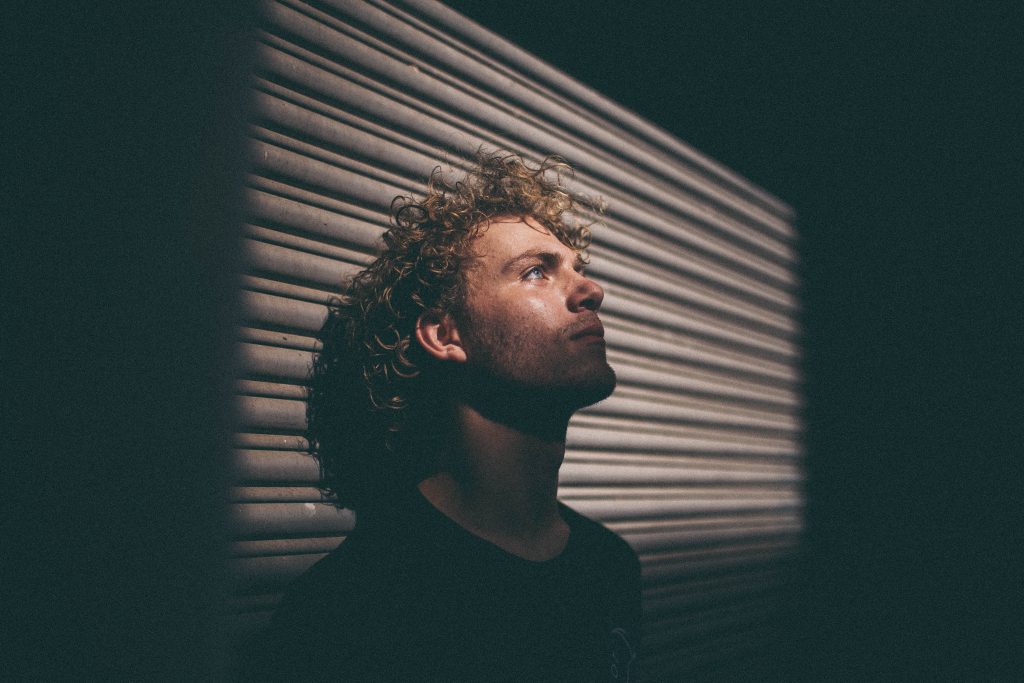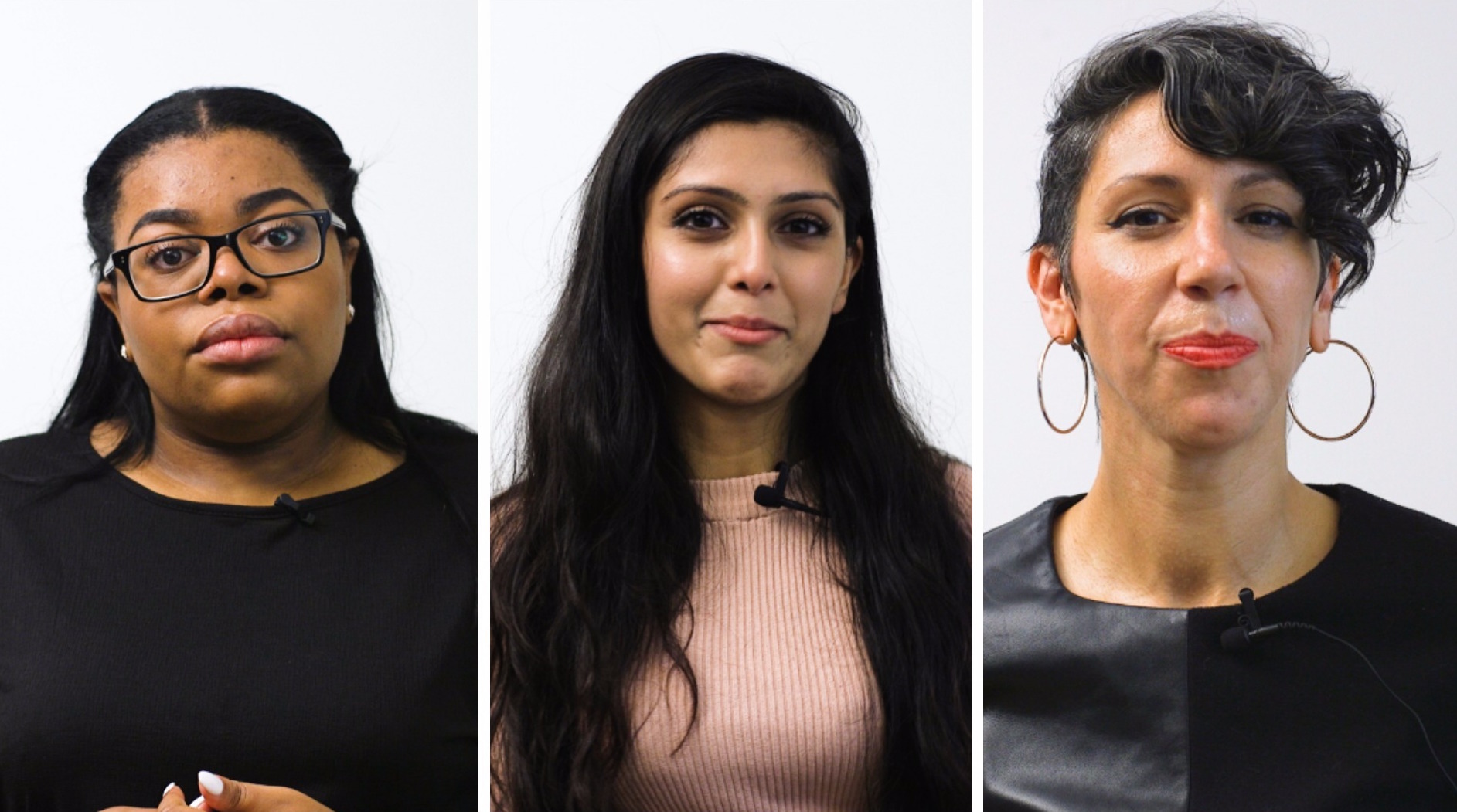“Being able to talk is such a big thing,” Zakiya tells me. “I have a better coping mechanism now, I talk a hell of a lot more. Having someone you can express your feelings to, to understand that when you’re locked into a cycle, you just haven’t been able to find a way out.”
Zakiya is one of the many people in the UK who has struggled with her mental health. In fact, one in four of us will experience a mental health problem each year. For Zakiya her depression started when she was a teenager, something neither she nor her friends understood at the time.
“A lot of times when I would feel frustrated or get locked into a sad place, my friends just thought I was being a weirdo,” she explains. “I would spend a lot of time by myself so I wouldn’t have to explain, or try to explain, why I was feeling the way I was feeling.”
For her, both talking and writing were the first steps to managing her depression. “Sometimes it’s family [I talk to], sometimes it’s strangers, sometimes for me, I write a lot. I write everything down,” she explains.
Broadening the Conversation to Our Human Rights
This #WorldMentalHealthDay we need to start talking about #HumanRights. We’ve teamed up with @TAPadvocacy to explain why 👇 pic.twitter.com/gE0FGlXxtE
— RightsInfo (@rights_info) October 10, 2017
Both of the other women I speak to, Melanie and Nigarish, echo the importance of talking and writing about their mental health, as well as helping to break the stigma surrounding mental health conversations nationally.
“You can have serious mental health struggles, and still get up, and still talk,” adds Melanie, who was diagnosed with borderline personality disorder after her second nervous breakdown. “A lot of the time it was seen as just being a silly little girl complaining. A silly girl just being a drama queen.”
A lot of the time it was seen as just being a silly little girl complaining
23-year-old Nigarish agrees, adding that mental health is still often treated as secret. “When I was in secondary school, I was shocked to find out when I was 15 that I was not the only girl who was self-harming, and I was not the only girl thinking of taking her own life. I didn’t even know it until we left with our GCSE results.”
Indeed, talking more openly about our human rights and mental health has been an important focus for the last few decades. The Advocacy Project has been working on raising the profile of those with mental health problems for more than twenty years, while organisations such as Time to Change attempt to change the national conversation and media coverage.
We’ve seen mental health issues take a strong focus in this year’s party manifestos, and studies show that coverage of mental health in the media has both increased and improved, but it’s now time to start talking about mental health as a human rights issue.
Dignity, Respect and Equality
 Image Credit: Blake Connally / Unsplash
Image Credit: Blake Connally / Unsplash
Dignity and respect are at the very core of our human rights – and discrimination and silence prevent people from accessing care. Human rights ensure that people are treated equally, regardless of whether or not they struggle with their mental health, and hold authorities to account when the state fails those with mental health issues.
Human rights provide safeguards for people who need mental health treatment in hospital, ensuring there is a duty of care and that there is no delay to their release. They also set out that people struggling with their mental health shouldn’t be discriminated against in the benefits system. Talking about mental health and human rights together really makes a difference, with a Government Taskforce report in 2016 finding a greater focus on human rights had helped progress in mental health during the last 50 years.
“When you’re an adult, you understand human rights a lot better than you do when you’re a child,” explains Nigarish. “But human rights have to start from childhood.”
You can find out more information on the work of The Advocacy Project here







